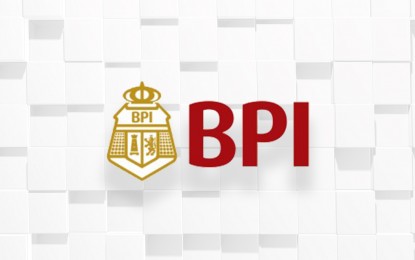
MANILA – The president of Ayala-led Bank of the Philippine Island (BPI) expects the business to remain resilient despite the impact of the coronavirus disease (Covid-19) global pandemic.
During the online annual stockholders meeting Thursday, Cezar Consing, also BPI CEO, said they are preparing for a potential extension of the enhanced community quarantine in its “present form or a modified form”.
“We are prepared for either one. We think we can run this place indefinitely under these circumstances. So I think we’re in good shape,” he said.
Consing, who is also the president of the Bankers Association of the Philippines (BAP), said the industry is faced with operational challenges but since it is considered as a critical sector, the government has allowed it to operate through a skeletal workforce.
He said about 20 to 25 percent of banks’ employees are either working in their respective head offices or branches.
“Over the medium term, perhaps, more importantly, the industry expects credit losses to go up and that is because businesses and customers will all be impacted in several ways and various forms by this crisis,” he added.
Consing believes that the banking industry can withstand the impact of the global pandemic, which made governments implement community lockdowns, among others because it is “in a very strong shape (and) capital ratios are very high.”
He said credit risks are rising “but the monetary authorities have responded by increasing liquidity (and) increased regulatory forbearance.”
“Just last week, central bank governor introduced provisions that would encourage SME (small and medium enterprise) lending. So hopefully, that will balance things out,” he added.
The Bangko Sentral ng Pilipinas (BSP) has announced several measures targeted to support the industry during the pandemic.
These include the total of 125 basis points reduction in the central bank’s key policy rates, the 200 basis points cut in universal and commercial banks’ (U/KBs) reserve requirement ratio, and the decision to consider as part of banks’ compliance with reserve requirements the loans extended to micro, small, and medium enterprises (MSMEs).
Among the liquidity boosting measures that the BSP has put in place are the decision to purchase peso-denominated government securities (GS) in the secondary market from April to June 2020 or “until market conditions return to normal”, reduction in the daily overnight reverse repurchase (RRP) volume offering depending on liquidity conditions, and the repurchase agreement with the national government amounting to PHP300 billion, with the repurchase period pegged at three months but may be extended for a maximum of three months. (PNA)
